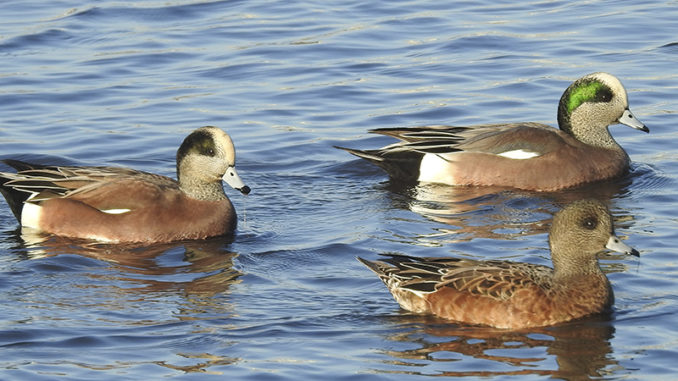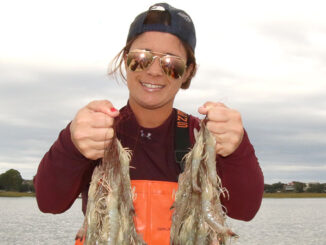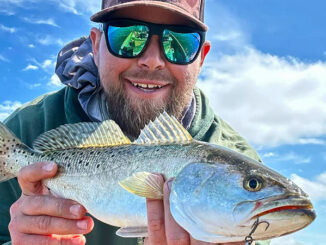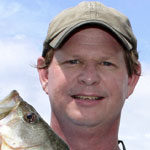
Wigeon was tested by Clemson University and USDA
A South Carolina duck hunter recently harvested an American wigeon that tested positive for Avian influenza (HPAI). It’s the first wild bird to test positive for the bird flu in the United States since 2016, according to Clemson Extension. He killed the bird in Colleton County.
The wigeon was tested by the Clemson University Veterinary Diagnostic Center in Columbia. The results were confirmed by the USDA’s Animal and Plant Health Inspection Service.
State Veterinarian Michael J. Neault said the state has seen no evidence of the disease moving from migratory birds to poultry.
“So far we have no indication that HPAI has jumped from wild migratory birds to poultry and we’d very much like to keep it that way,” he said.
The virus is considered low risk to humans. In the U.S., no humans have ever been infected with the disease. But it can be devastating to the poultry industry and to pet birds.
The USDA Veterinary and Wildlife Services has a number of recommendations for hunters and other bird-handlers which will help protect themselves and any domestic birds they may encounter from catching the virus.
Recommendations to avoid spreading Avian flu
- Do not harvest or handle wild birds that are obviously sick or found dead.
- Dress your game birds in the field whenever possible. If you must dress birds at home, clean them in an area in which your poultry and pet birds have no access.
- Keep a separate pair of shoes to wear only in your game cleaning area. If this is not possible, wear rubber footwear and clean/disinfect your shoes before entering or leaving the area.
- Do not eat, drink or smoke while cleaning game.
- Always wear rubber gloves while cleaning game or cleaning bird feeders.
- Wash hands with soap and water immediately after handling game or cleaning bird feeders. If soap and water are not available, use alcohol wipes.
- Use dedicated tools for cleaning game, whether in the field or at home. Do not use those tools around your poultry or pet birds.
- Wash all tools and work surfaces with soap and water and then disinfect them.
- Avoid cross-contamination. Keep uncooked game in a separate container, away from cooked or ready-to-eat foods.
- Cook game meat thoroughly; poultry should reach an internal temperature of 165 degrees Fahrenheit to kill disease organisms and parasites.
- Double bag the offal and feathers. Tie the inner bag; be sure to take off your rubber gloves and leave them in the outer bag before tying it closed.
- Place the bag in a trash can that poultry and pet birds cannot access. This trash can should also be secure against access by children, pets or other animals.
For more information, click here to visit the Clemson Extension website.





Be the first to comment